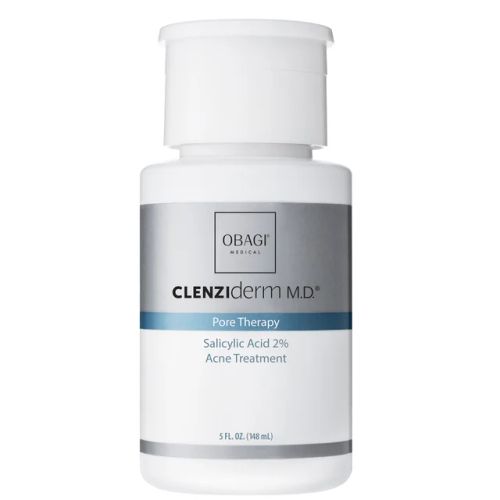The Truth About Skincare Ingredients: What Works and What Doesn’t

Hire Arrive
Health
about 1 year ago

The skincare aisle can feel like a minefield. A bewildering array of products, each boasting miracle ingredients and transformative results, leaves consumers overwhelmed and often confused. But cutting through the marketing hype to uncover the truth about skincare ingredients is crucial for achieving healthy, radiant skin. This article will delve into the science behind some popular ingredients, separating fact from fiction.
What Works (and How):
* Retinoids (Retinol, Retin-A): These vitamin A derivatives are backed by extensive research. They accelerate cell turnover, reducing wrinkles, fine lines, acne, and hyperpigmentation. However, they can cause initial irritation (redness, dryness), so starting with a low concentration and gradually increasing is key. Always use sunscreen during the day as retinoids increase sun sensitivity.
* Vitamin C (L-Ascorbic Acid): A powerful antioxidant, vitamin C protects against free radical damage caused by UV exposure and pollution. It also brightens skin, evens tone, and boosts collagen production. Look for formulations with a high concentration (15-20%) and stable pH for optimal effectiveness.
* Niacinamide (Vitamin B3): A multi-tasking ingredient, niacinamide reduces redness, inflammation, improves skin barrier function, minimizes pores, and controls oil production. It's generally well-tolerated and suitable for most skin types.
* Hyaluronic Acid: A humectant, hyaluronic acid draws moisture from the air and binds it to the skin, leaving it plump and hydrated. It's particularly beneficial for dry and dehydrated skin.
* Sunscreen (SPF 30 or higher): This is arguably the single most important skincare ingredient. Sunscreen protects against harmful UV rays, preventing premature aging, sun damage, and skin cancer. Choose a broad-spectrum sunscreen that protects against both UVA and UVB rays.
What Doesn’t (Necessarily) Work (or Needs More Evidence):
* Snake Venom: Often marketed as a Botox alternative, there's limited scientific evidence to support its efficacy in reducing wrinkles. While some studies show minor improvements, the effects are often minimal and short-lived.
* Snail Mucin: While anecdotal evidence suggests benefits for wound healing and hydration, robust scientific studies supporting its anti-aging claims are lacking.
* Placenta Extracts: The purported benefits of placenta extracts are largely based on anecdotal evidence and lack significant scientific backing.
* Many "Natural" Ingredients: The term "natural" doesn't automatically equate to effectiveness or safety. Some natural ingredients can be irritating or even cause allergic reactions. Always check for potential allergens and patch test new products before widespread application.
Important Considerations:
* Formulation Matters: The effectiveness of an ingredient depends heavily on the formulation. A poorly formulated product may not deliver the promised results, even if it contains potent ingredients. Look for products with stable formulations and reputable brands.
* Consistency is Key: Results take time. Be patient and consistent with your skincare routine to see noticeable improvements.
* Individual Needs Vary: What works for one person may not work for another. Experiment to find what suits your skin type and concerns best. Consult a dermatologist if you have specific skin conditions or concerns.
The skincare world is saturated with marketing claims. By understanding the science behind ingredients and focusing on proven effective ones, you can create a skincare routine that truly delivers results, promoting healthy and radiant skin. Don't fall for every hyped-up ingredient; focus on building a solid foundation with effective, science-backed products.